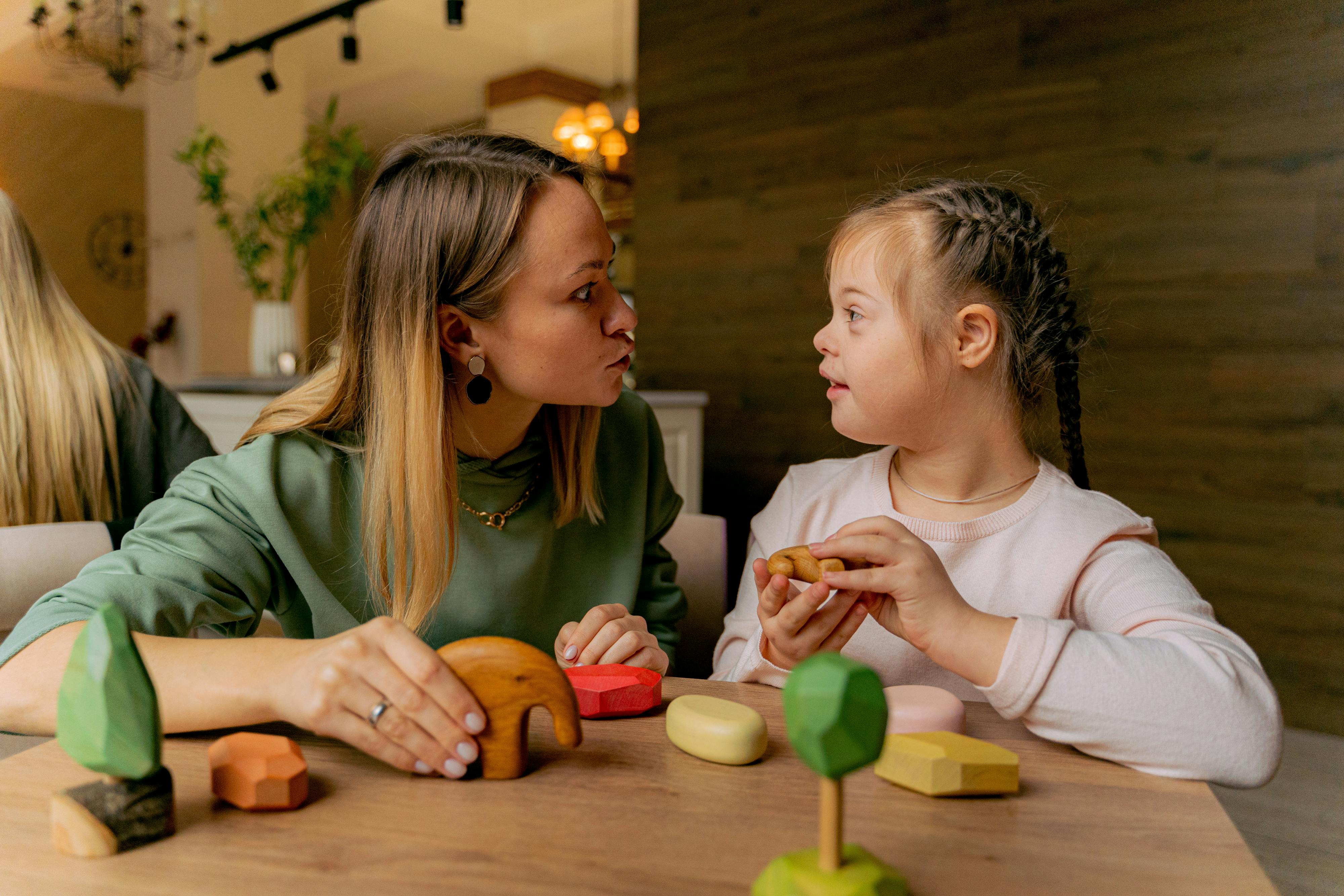Introduction
In many homes, the word “disability” is spoken in whispers or not at all, wrapped in silence, uncertainty, or fear. Yet those first conversations about disability are where understanding begins. They shape how families embrace differences, challenge stigma, and nurture empathy.
Whether you’re a parent unveiling a new diagnosis, an adult welcoming neurodiversity into your life, or a caregiver seeking connection, starting disability conversations at home is the foundation for lasting change. This blog explores why these dialogues matter, how they transform perspectives, and ways to create safe, honest space at home where every voice is heard and valued.
The Importance of Opening Up
Breaking Myths and Building Understanding
Disability is often seen through a lens clouded by myths, anything from misconceptions about ability to unfounded fears about social acceptance.
For example, many worry that talking about disability will limit a child’s potential or cause shame. However, families like that of Elena and her son Max, who has autism, show us a different truth. When Elena began openly sharing Max’s strengths and challenges with family and friends, she noticed a ripple of acceptance and fresh understanding taking root. This shift dismantled stigma and created genuine connection both inside and outside their home.
Young people exposed to open conversations also grow up with healthier self-images and the confidence to advocate for themselves. Home is where lasting beliefs take shape, making it the most vital space for disability dialogue.
Emotional and Social Ripples
Keeping disability unspoken can isolate family members and create confusion or fear. Silence often leads to guesswork, anxiety, or feelings of shame, not just for the person with a disability but for siblings, carers, and extended family.
Open conversations foster emotional resilience, strengthen bonds, and reduce stigma-related stress. Families learn to celebrate differences with compassion rather than struggle in silence.
Top 5 Ways to Foster Positive Disability Dialogues at Home:
Encourage questions without judgment or haste in answers
Use simple, age-appropriate language focusing on abilities and uniqueness
Share personal stories as a bridge to empathy and connection
Celebrate every achievement, no matter how small, as family victories
Seek external resources or counseling together when needed
Practical Steps to Start the Conversation
Beginning disability dialogues can feel daunting, but simple, intentional approaches help build trust and openness.
Set a Safe Space: Choose comfortable, distraction-free moments for honest talks.
Be Honest and Patient: Answer questions truthfully while appreciating curiosity and confusion alike.
Use Tools: Books, videos, and apps like My Special Needs provide language and frameworks to explain disability positively and clearly.
Normalize Differences: Make space for every family member to share feelings and experiences without stigma.
Keep It Ongoing: Conversations evolve. Revisiting topics honors growing understanding and changing needs.
Building Community and Connection
disability conversations flourish when also supported by community networks. Parent groups, school counselors, and online forums provide a wider circle of understanding and resources. These connections remind families they are not alone and that collective voice strengthens individual courage.
The My Special Needs platform offers a welcoming space to share stories, get advice, and find compassionate support tailored to your family’s unique journey.
See our blog on Guide For Parents With Disabled Children
Conclusion
breaking the silence starts at home, with courage, kindness, and truthful words that transform the way families see disability and themselves. Every honest conversation builds bridges over stigma, planting seeds of empathy and acceptance for generations. When we open up to disability dialogue, we open doors to belonging and love without conditions.
Take the first step today: Download the My Special Needs app to join a community where every voice matters, and care is shared from heart to heart. Because care should feel human, not clinical.


